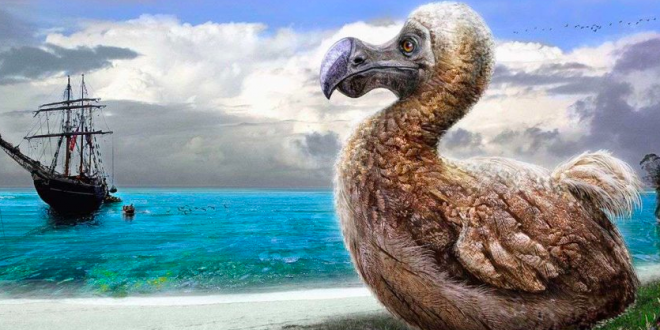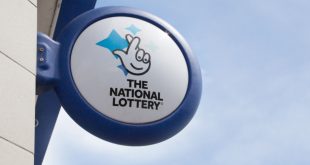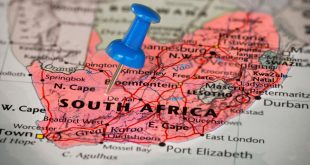Back from its summer break, industry strategic consultancy Regulus Partners addresses the immediate challenges currently facing the racing industry in South Africa, which from the outset appears to be following a similar pattern to racing in the UK, France, US and (to an extent) New Zealand.
South Africa’s Flamingo Park racecourse, known to South African and International bettors alike for its 36 ‘volume’ fixtures on the sand, is to close in December. SA, therefore, goes down to 6 courses and 16 fixtures (c. 5%) will be permanently lost. The course (and training centre) was losing c. US$1.5m pa, although Phumelela suggests that overall domestic racing has been running at a loss for several years, as well as yielding the lowest tote betting revenue of the courses (achieving only c. 30% of the average excluding Flamingo Park). The decision comes after Phumalela was getting somewhere in securing its external racing revenue from attack from South Africa’s Public Prosecutor, who attempted to restrict the distribution a 6% customer winnings levy on the basis that it was a tax on poor punters (literally) to benefit rich racing stakeholders.
There are many local factors that go into Phumalela’s decision to close the course, but the relatively recent rationalisation of South Africa’s racing supply has been aggressive (with three courses closing in 6 years). In during the same period, while Phumalela’s revenue has increased by 50%, this has overwhelmingly come from diversification away from domestic racing income (other sports and number, international media). By contrast, tote betting on domestic horseracing has been stagnant, while racecourse attendance tends to be concentrated at only the most prestigious events (not something Flamingo Park is famous for). South Africa is therefore seeing a similar pattern to racing in the UK, France, US and (to an extent) New Zealand, where rising costs meet flat (real terms decline) consumer demand and something has got to give.
Inflation can be a savage decider of fates and it is making itself felt in most ‘Western’ racing markets. Between 2009 and 2016, Phumalela’s average revenue growth was 9.5%, outstripping inflation by a healthy 4.0% (if not driven by racing). However, in the last two years Phumalela’s revenue growth has stagnated to less than 2% pa, while inflation continues to run at c. 4.5%. Dynamics such as these demand one or more of three things. First, customers (including betting operators) can be expected to pay more, but it is difficult to see how this can happen willingly, and in environments where key political stakeholders question the justice a flow of money made from the relatively poor to the relatively rich (even if friendless bookmakers sit in the middle), it is also difficult to see how much force can be applied (betting operators in most markets are also able to pursue less expensive non-racing growth, ironically including vertically integrated racing monopolies; customers are also typically overwhelmed with both betting and venue choices). Second, racing can hope for continued succour from the engagement or tolerance of owners – being willing to carry more losses for longer; again, racing is overwhelmingly a (relatively through to super-) rich person’s hobby (see below), but if engagement is not broad (as in Ireland, Australia, New Zealand; to an extent France), then stakeholder engagement can be either extremely fickle (UK) or based upon supply-side economics that no longer add up (US, SA). Third, comes the recognition that significant structural change is required.
This structural change is almost inevitable, in our view. In Ireland it has been postponed with a tax increase. In SA it has taken on a Dr Beeching approach which appears not only close to the bone but also not offering any answers to underlying problems of broader public engagement. In the US, diversification into slots has provided the answer to the companies while racing itself stagnates, but should slots revenue come under threat, then so will the entire system. France has chosen to kick the can down the road for another year by drawing upon diminishing strategic reserves. New Zealand seems to see salvation in opening up a (racing) market that is performing better than most. It remains unclear what the UK will do, despite facing probably the stiffest short-term challenges of the ‘Western’ markets mentioned.
In all this, one key question does not seem to be being posed by stakeholders: what is racing for? It cannot be there to make a profit in the round, so establishing why those who are supporting the revenue or bearing the losses (punters/bookmakers, racegoers and horsemen) should willingly continue to do so (essentially rooted enjoyment, not money) ought to be central to this. Otherwise ‘structural change’ will just mean cost-cutting to self-administered extinction.
UK: Sponsorship – FA gets shirty with Terriers
This week, the Football Association fined Huddersfield Town Football Club £50,000 for its part in allowing a larger-than-regulation-size Paddy Power logo to adorn its shirt for a pre-season friendly with Rochdale. The whole thing may have been a prank (PP revealed that it would pay Huddersfield not to promote the bookmaking brand) but – even with the benefit of VAR – the FA failed to see the funny side.
The stunt may have raised £28,000 for charity (through the auctioning of the contraband shirts) but – given the inevitability of the fine – one cannot help wondering whether the charity would have been better served if Huddersfield had simply handed over a cheque for £50k and passed on the offer of some jovial Paddy-whackery.
The whole episode has been rather silly, in our view. The expulsion from the Football League of Bury FC and the near collapse of Bolton Wanderers exposed the stark issues of Paddy Power’s campaign to stop football clubs receiving often vital funds from shirt sponsorship. Even Paddy Power’s official response (a link to an ‘error’ page) smacks of ‘class clown’ humour.
With Kindred also getting into bother over 32Red’s involvement in the signing of Wayne Rooney and the ripples of clubs’ exposure to 1xbet are continuing, the judges may find the choice of this year’s Darwin Award recipient for the gambling industry a tough call to make.
Content provided by Regulus Partners










